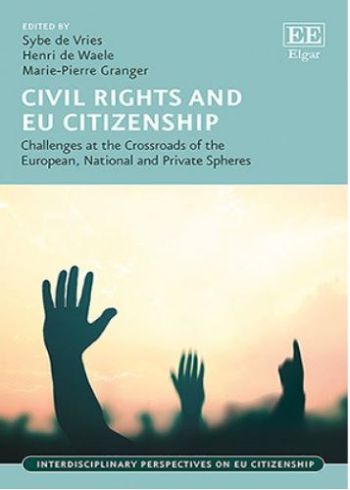
The process of European integration has had a marked influence on the nature and meaning of citizenship in national and post-national contexts as well as on the definition and exercise of civil rights across Member States. This original edited collection brings together insights from EU law, human rights and comparative constitutional law to address this underexplored nexus.
Split into two distinct thematic parts, it first evaluates relevant frameworks of civil rights protection, with special attention on enforcement mechanisms and the role of civil society organisations. Next, it engages extensively with a series of individual rights connected to EU citizenship. Comprising detailed studies on access to nationality, the right to free movement, non-discrimination, family life, data protection and the freedom of expression, this book maps the expanding role of European law in the national sphere. It identifies a number of challenges to core civil rights that the current supranational framework is at pains to address. The contributors suggest and develop several new ideas on how to take the EU integration project forward.
Civil Rights and EU Citizenship provides an innovative perspective on both the conceptual dimensions and the actual realities of rights-based citizenship which will be of interest to legal scholars, practitioners and policy-makers alike.